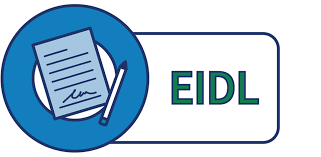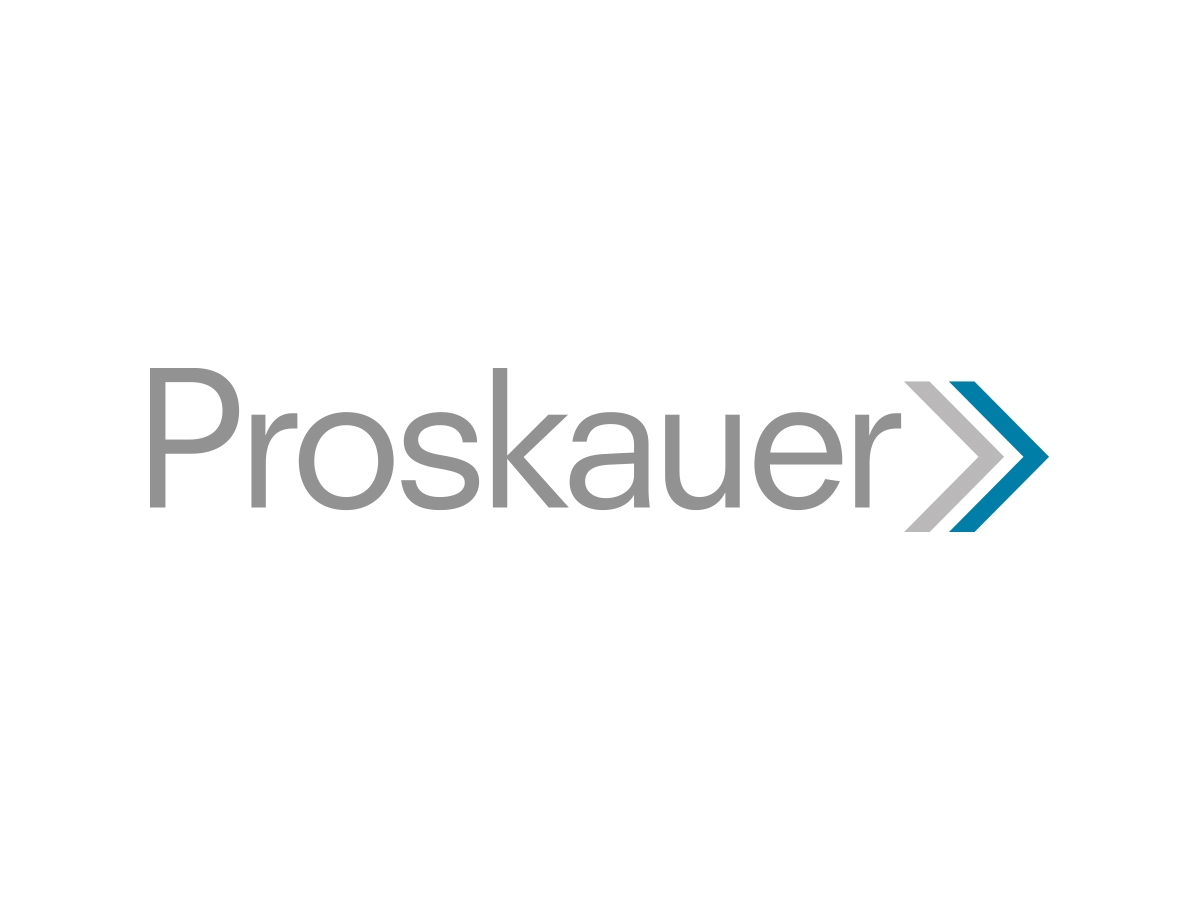USPTO Issues Final Rule to Eliminate CLE Certification Program
“The USPTO’s decision is intended to reflect the agency’s focus on the most impactful ways to positively affect the issuance of robust and reliable patents.” – Final Rule
The United States Patent and Trademark Office (USPTO) yesterday announced a final rule to eliminate the provisions within the agency’s rules related to voluntary continuing legal education (CLE) certification and recognition for registered patent practitioners and individuals granted limited recognition to practice in patent matters before the USPTO.
The rule also eliminates the Office of Enrollment and Discipline (OED) Director’s ability to publish the CLE status of patent practitioners. It will go into effect on February 27.
The agency received critical comments from a variety of patent practitioners and interest groups about the USPTO’s lack of compliance with federal administrative law statutes related to agency rulemaking. Additionally, stakeholders highlighted the increased administrative and financial burden for patent practitioners if the CLE program was implemented.
“The USPTO’s decision is intended to reflect the agency’s focus on the most impactful ways to positively affect the issuance of robust and reliable patents,” wrote the agency in its announcement of the final rule.
In an important change from previous advice, the USPTO now recommends that practitioners should engage in both pro bono work and legal training. Previously, the USPTO recommended that pro bono work should substitute for legal training.
“In addition to ensuring full competence to practice before the USPTO, we hope every attorney practicing before us feels inspired to give back for the benefit of the country,” said Kathi Vidal, Under Secretary of Commerce for Intellectual Property and Director of the USPTO.
History of the CLE Program
The USPTO issued an interim rule announcing the elimination of the CLE program in November 2022 after criticism from stakeholders. The final rule adopts the previous interim rule without any change.
The CLE program was originally announced in 2019 along with a notice of proposed rulemaking (NPRM) related to 2020 patent fees.
After the USPTO received public comments, the voluntary CLE program was delayed indefinitely on December 16, 2021.
In turn, this led to the announcement of the interim rule in November 2022. The USPTO received no public comments on the interim rule.
The USPTO has long considered implementing some form of CLE program with the agency mentioning mandatory CLE certifications as early as 2003.
Backlash
In total, the USPTO received 26 public comments about the proposed CLE guidelines.
David Boundy, Partner at Potomac Law Group, wrote in a comment in January 2021 about the proposed CLE changes, “CLE may or may not be a good idea. However, as proposed in the Proposed CLE Guidelines, it can’t work. The basic economic incentives are misaligned…”
Similarly, the American Intellectual Property Law Association (AIPLA) made its concerns known in its public comment. The organization wrote that it is “concerned that the Office’s proposal will eventually result in a mandatory CLE program and an infrastructure to support its efforts, which will necessitate costly administrative resources. Ultimately, these costs will be passed onto innovators and the public.”
An array of stakeholders sent concerned letters to other government departments expressing their worry about the costs passed on to patent practitioners.
In a March 2021 letter, 85 patent practitioners highlighted the difference between the cost estimates made by the USPTO and patent practitioners. According to the group, the USPTO estimated a financial burden of approximately $1.6 million would fall on patent practitioners, while they estimated an annual burden between $120 million and $150 million.
Where to Go from Here?
In the agency’s announcement, the USPTO emphasized its commitment to working with stakeholders. However, the agency also clarified that it is not completely closing the book on a CLE program.
“In the future, the Office may reconsider CLE reporting for patent practitioners, and nothing in this notice is intended to restrict or prohibit such action at a later time,” wrote the agency in its Federal Registry rule announcement.
Since the voluntary CLE reporting program was never implemented, the agency said that “no registered patent practitioners or persons granted limited recognition to practice in patent matters before the USPTO will be affected.”
While the CLE program is no longer on the table, the USPTO made clear its intention to focus on additional training for patent practitioners. In the organization’s statement, the USPTO mentions its commitment to expanding training opportunities, providing more detailed guidance, and hosting videos to educate practitioners on applicable cases.
“The USPTO encourages practitioners to avail themselves of all materials relevant to their practice… It is incumbent on all those who practice before the USPTO to do what is necessary to maintain professional competency.”
Additionally, the Office emphasized the need to expand pro bono efforts. The USPTO is advising practitioners to combine professional training with pro bono work to help aid innovation in the country.
“Only through active and expanded pro bono efforts will we open the doors to our innovation ecosystem, expanding and enabling job creation, economic prosperity, and world problem-solving. I can attest that promoting those new to the ecosystem is rewarding not only to those you help, but also personally,” said Vidal.






